


The ongoing tensions between India and Pakistan have created a lucrative arms market for major exporters like the US, France, Russia, and China. While the US sells to both sides, France and Russia see the benefits of cultivating relationships with both countries. China, on the other hand, sells exclusively to Pakistan as it sees the Indian Ocean as a potential frontier. Interestingly, Germany, one of the world's top exporters, only sells to India due to its growing economic ties and past conflicts. This complex arms race raises concerns about the consequences of fueling the tensions between two nuclear-armed nations.
Pak-India Arms Race: A Threat to Regional Stability
Background
India and Pakistan have a long history of conflict, dating back to the partition of British India in 1947. Both countries possess nuclear weapons, and tensions have remained high over the disputed territory of Kashmir.
In recent years, the arms trade between Pakistan and major exporters has escalated dramatically, fueling the ongoing arms race between the two countries.
Top Exporters
Reasons for Arms Race
Consequences
FAQs
1. Why does Pakistan import more weapons than India? Pakistan views its security threat from India as greater than India views its threat from Pakistan. It also has a smaller domestic arms industry and relies heavily on imports.
2. What are the consequences of the arms race on the population? The arms race diverts resources away from essential services such as healthcare, education, and poverty reduction, impacting the lives of ordinary citizens.
3. Is there any international effort to control the arms trade in South Asia? There have been some international initiatives to promote arms control in the region, but they have not been fully successful.
4. What can be done to reduce tensions between India and Pakistan? Building diplomatic channels, promoting economic cooperation, and addressing territorial disputes peacefully are crucial steps to reduce tensions.
5. What is the role of nuclear weapons in the arms race? Nuclear weapons create a sense of deterrence and stability, but they also increase the risk of accidental or intentional nuclear escalation.
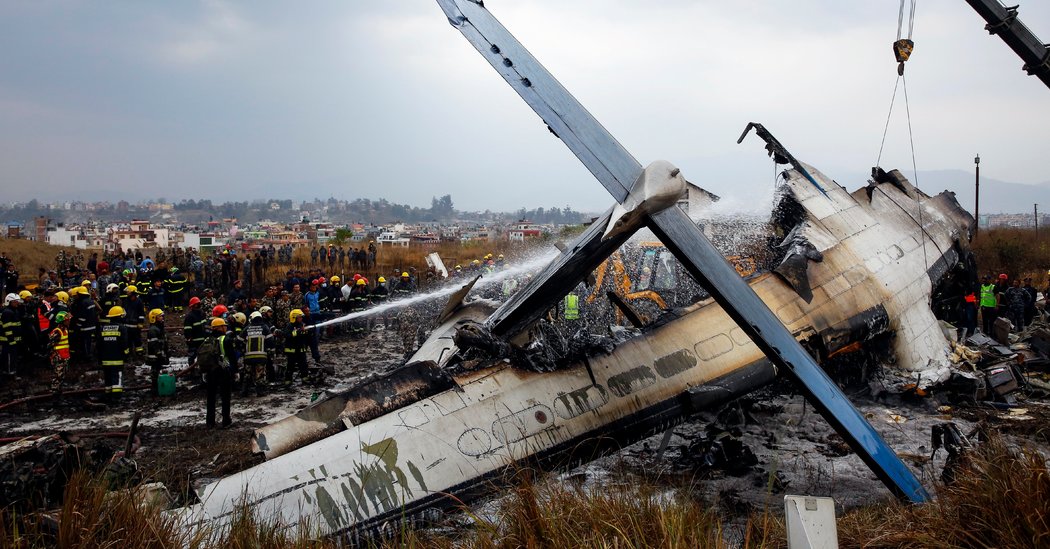
The Indian village of Akali Khurd near Bathinda was suddenly awoken by a loud explosion from an unidentified aircraft that allegedly crashed in nearby fields. The crash resulted in the death of one person from Haryana and injuries to nine others. While officials are still working to confirm the crash, videos of the aftermath have been circulating on social media. This comes amid heightened tensions between India and Pakistan, with India launching a strike on terrorist infrastructure in Pakistan and Pakistan-occupied Kashmir in response to a recent terror attack.
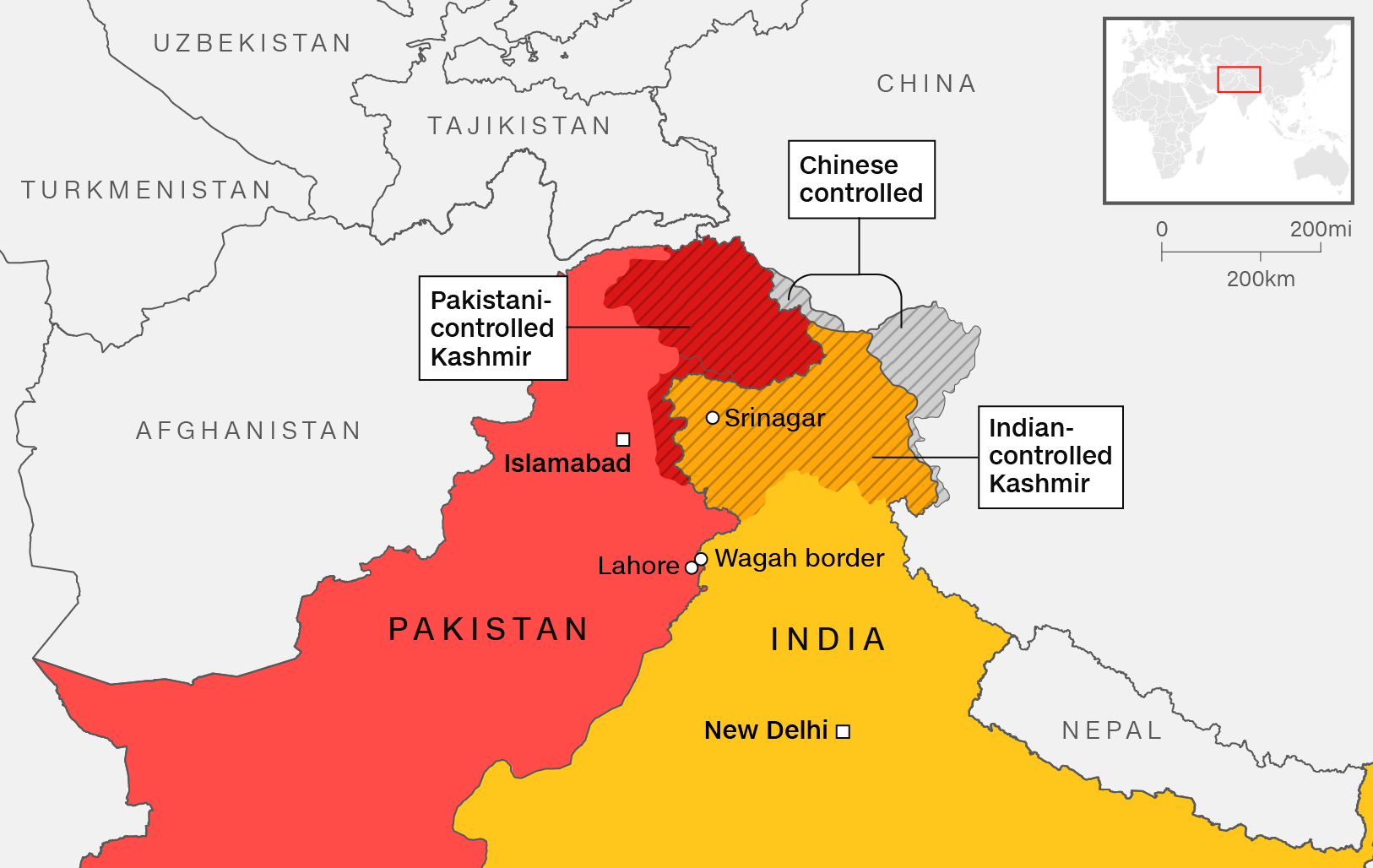
The much-debated Kashmir region is once again the epicenter of conflict as Indian missiles struck Pakistani-controlled territory, resulting in the death of 26 individuals, including civilians. With the risk of escalation and harm to civilians increasing, UK politicians, including Labour MP Stella Creasy and Scotland's First Minister John Swinney, are calling for calm and dialogue between the two nations. The Foreign Office has also issued a travel advisory, warning Brits to stay away from the India-Pakistan border region. Stay updated on the latest developments in this volatile situation by following our live blog.

US President Donald Trump announced on Tuesday that three additional hostages held by militant group Hamas in Gaza have been killed, bringing the total number of hostages alive to 21. This contradicts Trump's previous statement of 24 hostages alive during a meeting with former Israeli hostages. The identities of the deceased and how Trump came to learn of their deaths remains unknown. Israeli Prime Minister Benjamin Netanyahu also stated that they will "settle accounts" with whoever attacks Israel, following the Israeli cabinet's approval to seize and occupy the Gaza Strip to retrieve the remaining hostages. With this plan, tensions and hostilities in the region are expected to escalate, drawing fierce international opposition.
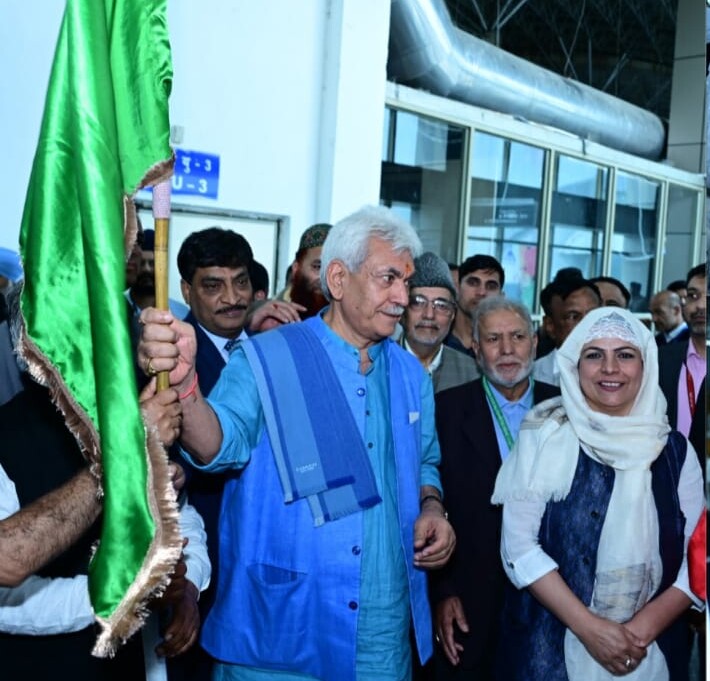
On Sunday, May 2nd, Jammu and Kashmir Lieutenant Governor Manoj Sinha flagged off the first batch of around 3,622 Hajj pilgrims from Srinagar International Airport to Saudi Arabia. Chief Minister Omar Abdullah was also present at the airport and interacted with the pilgrims, wishing them a safe and fulfilling pilgrimage. This year, 11 flights will operate between May 4th and May 15th, facilitating the pilgrims' journey, who will be received by the Consulate General of India in Jeddah. This event was praised for its successful organization and the support of all stakeholders, as recognized by the Lieutenant Governor.
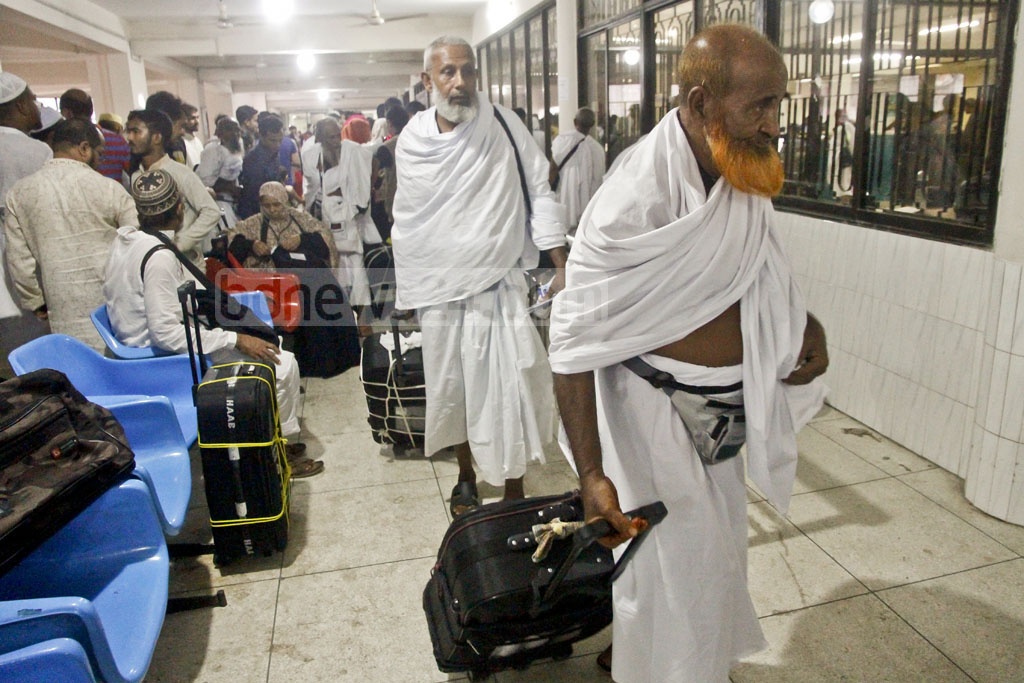
The Ministry of Religious Affairs has notified all lead and coordinating Hajj agencies to submit visa applications for the remaining 10,000-plus pilgrims by Monday's 12:00 pm deadline. This urgent message comes from Saudi Arabia's Ministry of Hajj and Umrah, stating that the Nusuk Masar Platform, the portal for visa applications, will close permanently after the deadline. Agencies have been warned that failure to submit applications through the platform will result in pilgrims being unable to perform Hajj this year. This year's Hajj is expected to take place on June 5, and so far, 22,203 pilgrims, including management staff, have reached Saudi Arabia.
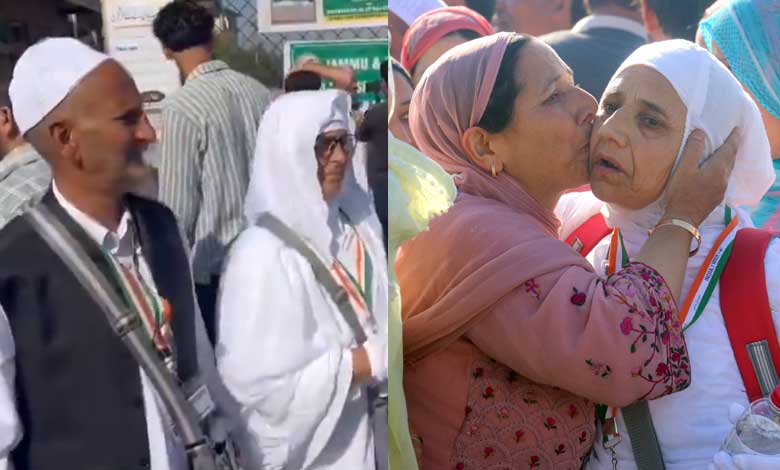
Chief Minister Omar Abdullah of Jammu and Kashmir bids farewell to the first batch of Hajj pilgrims, personally ensuring their smooth departure from the Sheikh-ul-Alam International Airport in Srinagar. The 178 pilgrims were sent off with well wishes for a safe journey and fulfilling spiritual experience. The Chief Minister also expressed hope for peace and prosperity in the region and the pilgrims expressed gratitude for the elaborate arrangements made for their convenience.
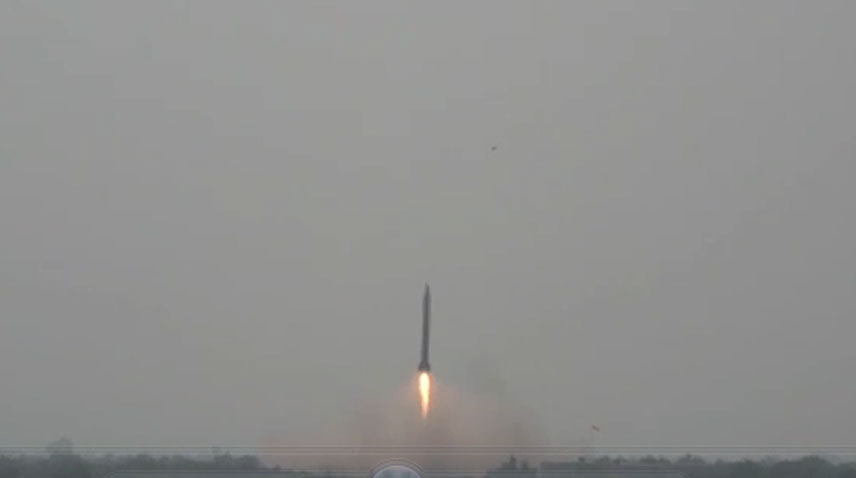
Amid rising tensions between India and Pakistan, the latter has conducted a training launch of the Abdali Weapon System - a surface-to-surface missile with a range of 450 kilometers. The move comes after India downgraded diplomatic relations with Pakistan following a terrorist attack in Pahalgam. Pakistan's army has stated that the launch was part of an exercise and aimed at ensuring the operational readiness of troops. However, India sees it as a dangerous escalation by Pakistan and a deliberate provocation to heighten tensions.
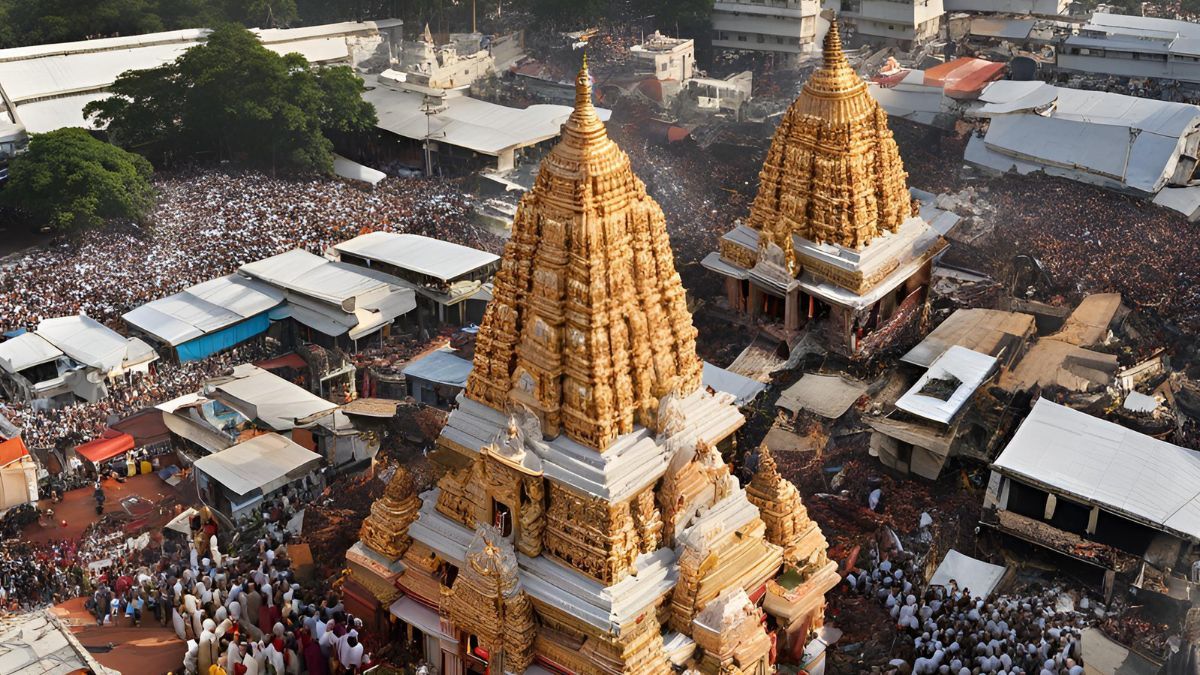
Chaos and tragedy struck the coastal city of Goa as at least six people lost their lives and several others were injured in a stampede at the Shirgaon temple. The incident, which took place during a popular annual procession, sent shockwaves through the community and left eyewitnesses stunned by the sudden rush and panic that ensued.

Every year on May 1, the world comes together to celebrate International Workers' Day and honor the hard-working individuals who contribute to the progress and prosperity of their countries. This year, let's take a moment to reflect on the significance of this day and show our appreciation to workers everywhere by sharing some inspiring quotes, messages, and wishes. From highlighting the importance of fair opportunities to recognizing the dedication and sacrifices of workers, these words will surely boost their morale and remind us of the valuable contributions of labor.
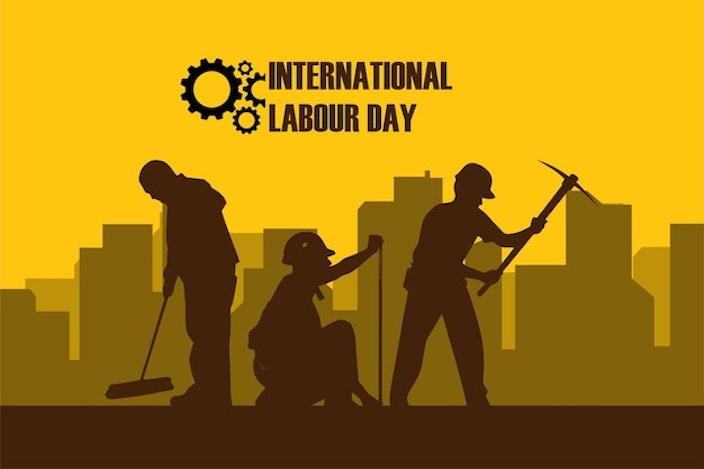
On May 1, people all over the world come together to celebrate International Labour Day, also known as May Day, to honor and recognize the tireless efforts of hardworking individuals who have shaped communities and economies. This day serves as a reminder to empower and advocate for workers' rights, fair wages, and improved working conditions. As iconic figures like Martin Luther King Jr., John F. Kennedy, Tim Notke, Maya Angelou, Van Jones, Conan O'Brien, Theodore Roosevelt, and Sophocles have said, it's through hard work and dedication that we progress and achieve great things.